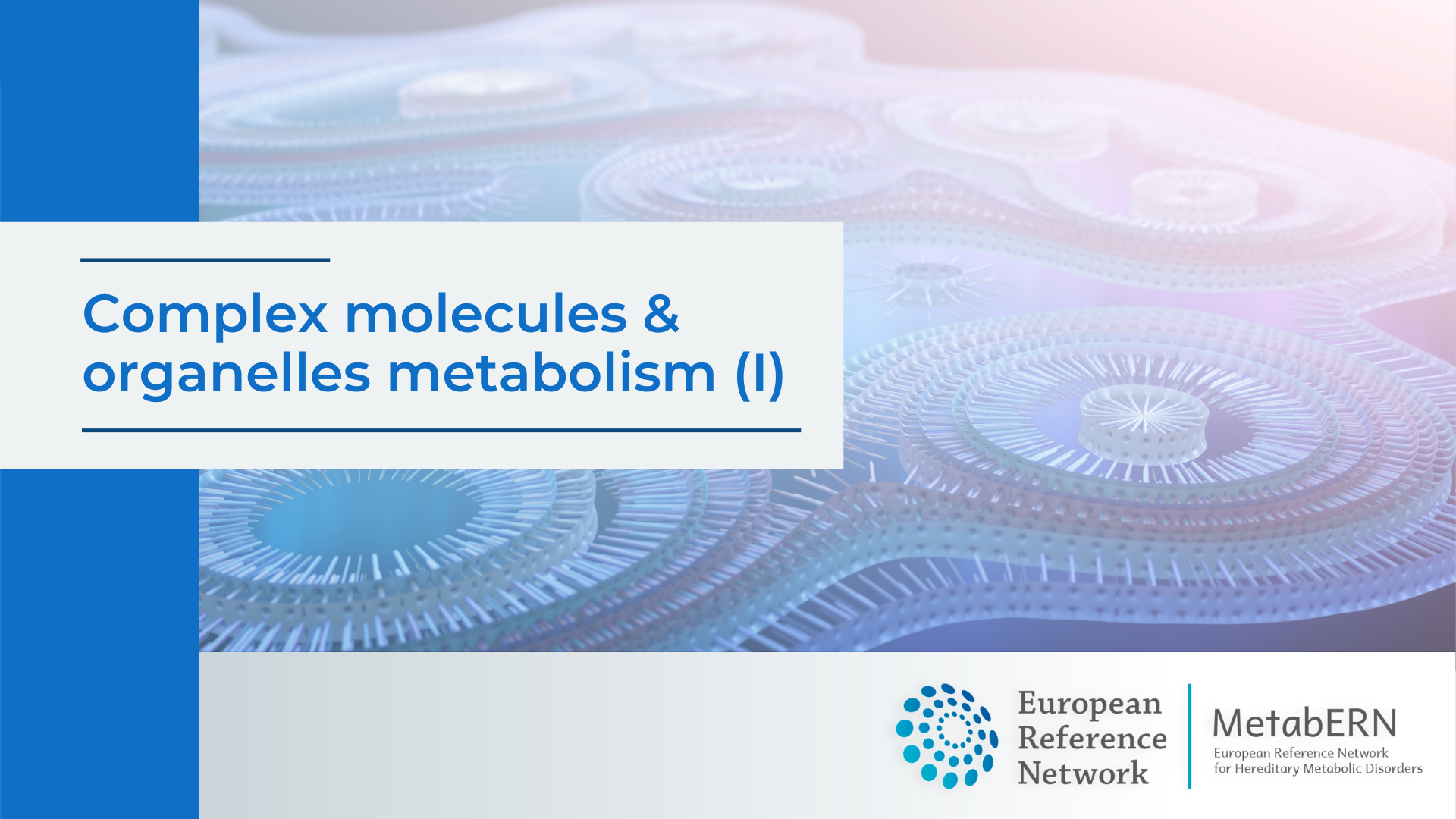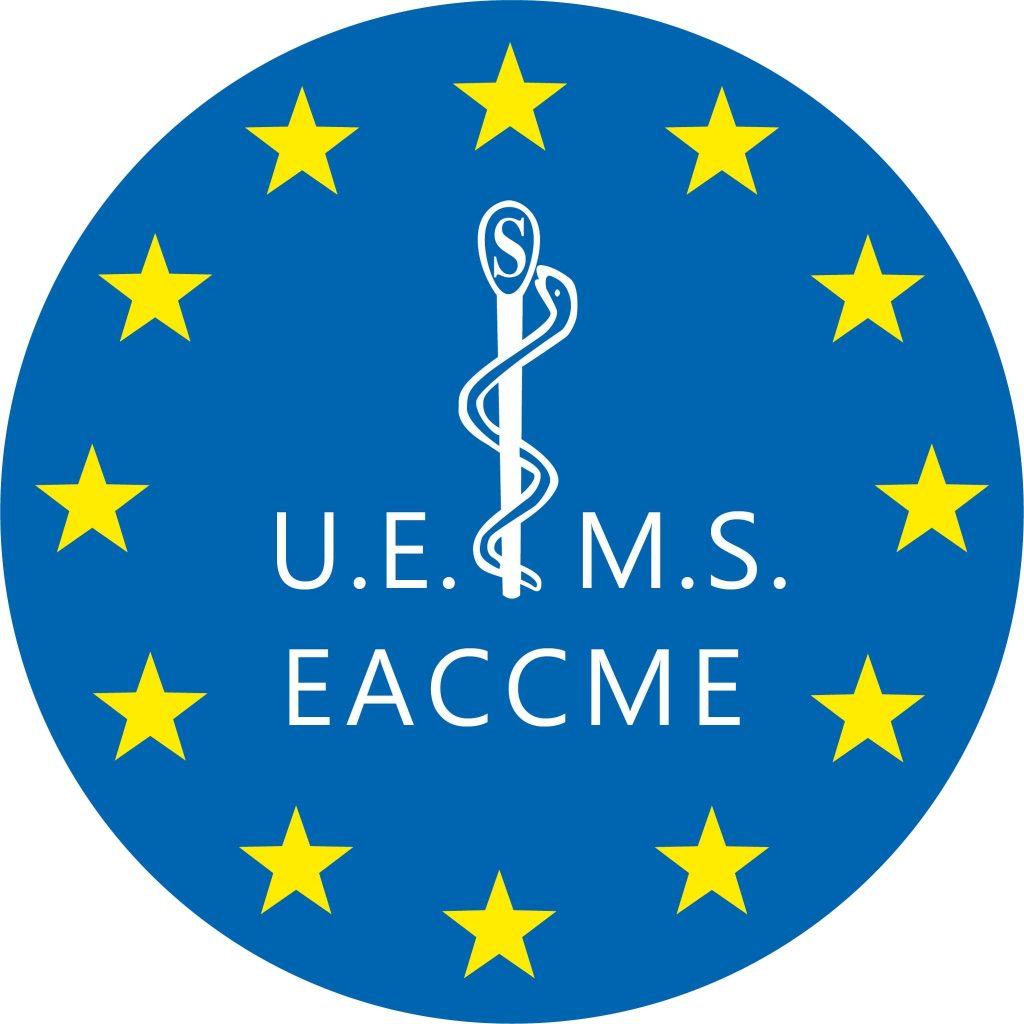
The metabolism of complex molecules and organelles is the object of two modules (Module 9 and 10). Module 9 is focused on the lysosome, providing an insight into its biology and its different metabolic functions, including a central role in the regulation of cellular metabolism. Autophagy and its pivotal role in preserving the normal cell function, is also discussed. From a clinical point of view, the module is centred on glycosphingolipidoses, the most common lysosomal storage diseases. In particular, Gaucher disease is chosen as a prototype of this group of disorders as it is relatively common and represents a treatable metabolic disease.
Authors: Hans Aerts, François Eyskens
The Diagnostic, Clinical and Therapeutic Education Programme on Inherited Metabolic Disorders. Module 09: Complex molecules & organelles metabolism (I) made available on https://metab.ern-net.eu/education-programme/ and organized by MetabERN – European Reference Network for Hereditary Metabolic Disorders is accredited by the European Accreditation Council for Continuing Medical Education (EACCME®) to provide the following CME activity for medical specialists. Only those e-learning materials that are displayed on the UEMS-EACCME® website have formally been accredited.
Only those e-learning materials that are displayed on the UEMS-EACCME® website have formally been accredited.
Through an agreement between the European Union of Medical Specialists and the American Medical Association, physicians may convert EACCME® credits to an equivalent number of AMA PRA Category 1 Credits™. Information on the process to convert EACCME® credits to AMA credits can be found at https://edhub.ama-assn.org/pages/applications.

This Module has been awarded with 2 ECMEC® credits
